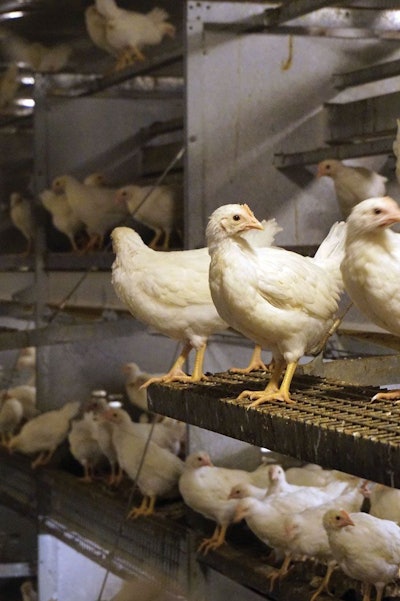
Japan’s largest egg producer, ISE Foods, is to set up its first operations in India, with two high-tech layer units in the states of Gujarat and Telegana.
With the aims to improve egg quality, waste management and bird health across India, the country’s authorities have signed a memorandum of understanding with ISE Foods of Japan, reports ANI News.
Modern, hygienic and fully automated farms will be set up by ISE Foods at Surat city in the western state of Gujarat, and in the central state of Telegana at Siddipet.
Initial output is expected to be around 1 million eggs per day, but the company forecasts this will double in the near future.
The farms will form the core of the “ISE Integration System,” covering the whole production cycle from feed to egg collection, packaging, quality control and delivery.
ISE’s investment will offer environmentally friendly features, including the composting of poultry manure from the layer barns, followed by pelleting to produce a high-quality and odor-free fertilizer.
ISE Foods’ history began in 1912 with operations to improve domestic chickens, and set its first new world record production of 317 eggs by 1931. Sales of its Mori-Tama brand began in 1990, becoming the leading egg brand in Japan by 1997.
The firm has been exporting selected breeds of chicken to other Asian countries since the 1960s, and began a special hatchery contract with Hy-line of the U.S. in 1963. Twenty years later, the firm established Ise America Seaboard Foods in eight U.S. states.
With partner firm Mitsui Bussan, ISE set up Ise Farms Co. Ltd. in 2007 for the production and sale of eggs in China.
As of January 2018, the firm had approximately 730 employees at two head offices, eight sales offices, and 10 egg packing and processing plants. Annual sales in 2017-18 were valued at JPY471 billion (US$42.9 million).
















